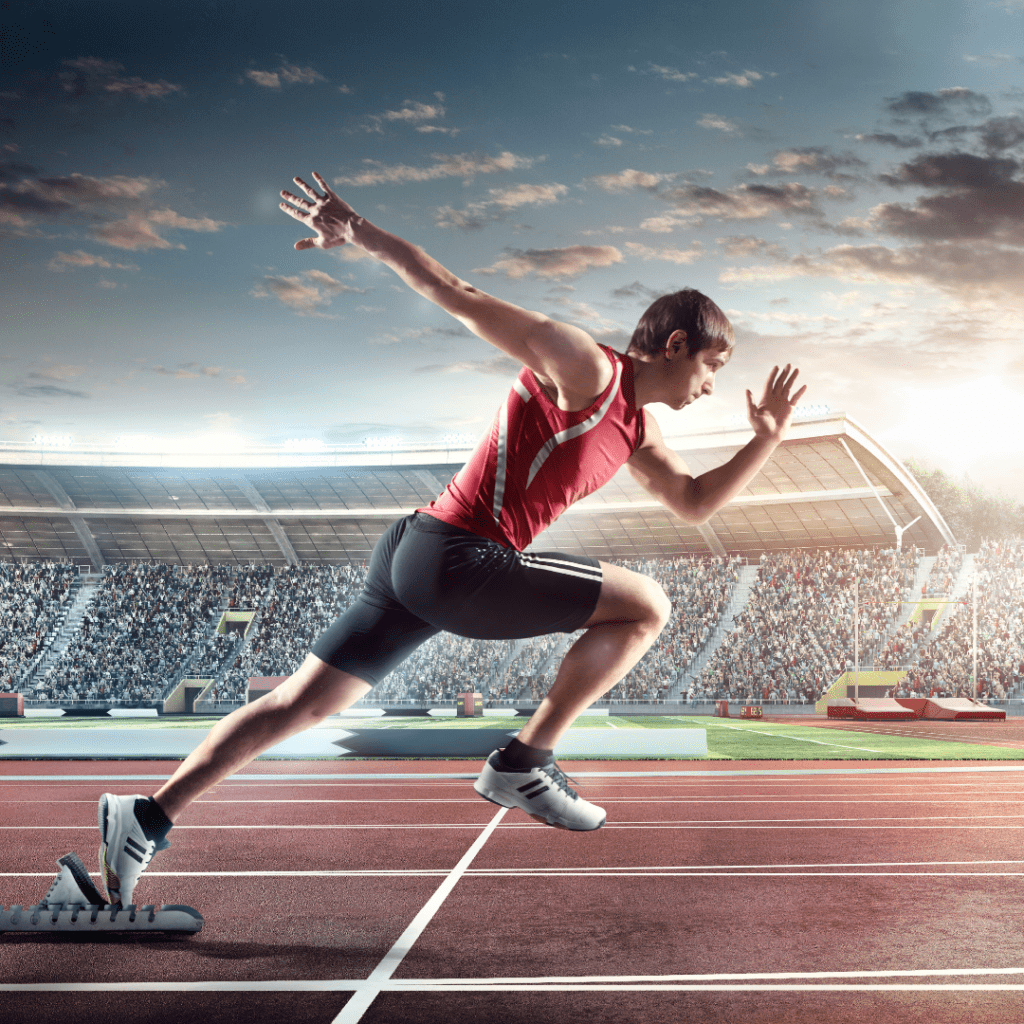Biofeedback for Athletic Performance
Gain a competitive advantage through biofeedback training
Biofeedback exercises aim to train the mind and harmoniously connect it with the body. It basically creates a remarkable bond between the athlete’s mentality + emotions and the trained athletic body.
Think: bettering your mental state by improving your physiological reactions to environmental stimuli. Elite athletes have been applying biofeedback techniques for decades to enhance performance through mental toughness and emotional stability. This is the missing piece of the puzzle.
How will it help me?
⁃ Decision making in split seconds
⁃ Mental toughness under intense conditions
⁃ Improved concentration levels
⁃ Shorter reaction times
⁃ Boosted anticipation and composure in stressful situations
⁃ Fully unleash your inner strength
⁃ Yield determination in challenging circumstances
⁃ Achieve excellence in your arena
How do you involve your brain activity in your training?
Just like your brain runs on electrical activity so does your whole body and your heart, which is one of the most powerful centres of electrical activity in your entire body. Heart Rate Variability (HRV) is one of the biofeedback training techniques, where through different breathing technique patterns athletes acquire a certain level of coherence. It entails learning how to amplify the activity of your heart’s electrical signal and synchronise it with your breathing rhythm and essentially create a heart-brain connection in order to be in a state of “flow”.
Is your emotional balance affecting your athletic performance?
Consistent practice of biofeedback techniques -typically lasting one year- have been shown to give athletes of all kinds of sports from runners and football players, swimmers and golfers, jockeys and dancers, archers and basketball players a significant competitive advantage in their expertise.
It’s more than stress monitoring, it is you gaining control over stress. It can directly affect physiological and psychological factors mediating training adaptation, injury risk and performance. Since it involves learning to manage one’s response to stressors, it decreases the athlete’s fight-or-flight response. In essence, being impervious to external stressors during a match for increased focus and performance.
The particular skills are incorporated with precision, planning and preparation routines to ensure a successful upcoming season with finalists and medalists achieving peak performance.
What’s fascinating is that even when injured athletes are incapable of physically training but complete the “mental” side of their training, the benefits are unquestionable. Gaining self regulation of your bodily functions that you usually consider involuntarily is the missing piece to an ideal strategy.

Ms. Nour Diam
Occupational Psychologist
Ms. Nour Diam is a CDA Licensed Professional Psychologist with a wide experience in helping children, adolescents and adults with a diversity of life challenges and mental health concerns. Graduated from Queen Mary University of London as a Psychologist BSc in 2013 and then pursued her master’s in Occupational and Organizational Psychology MSc. Based in Athens and Dubai.



